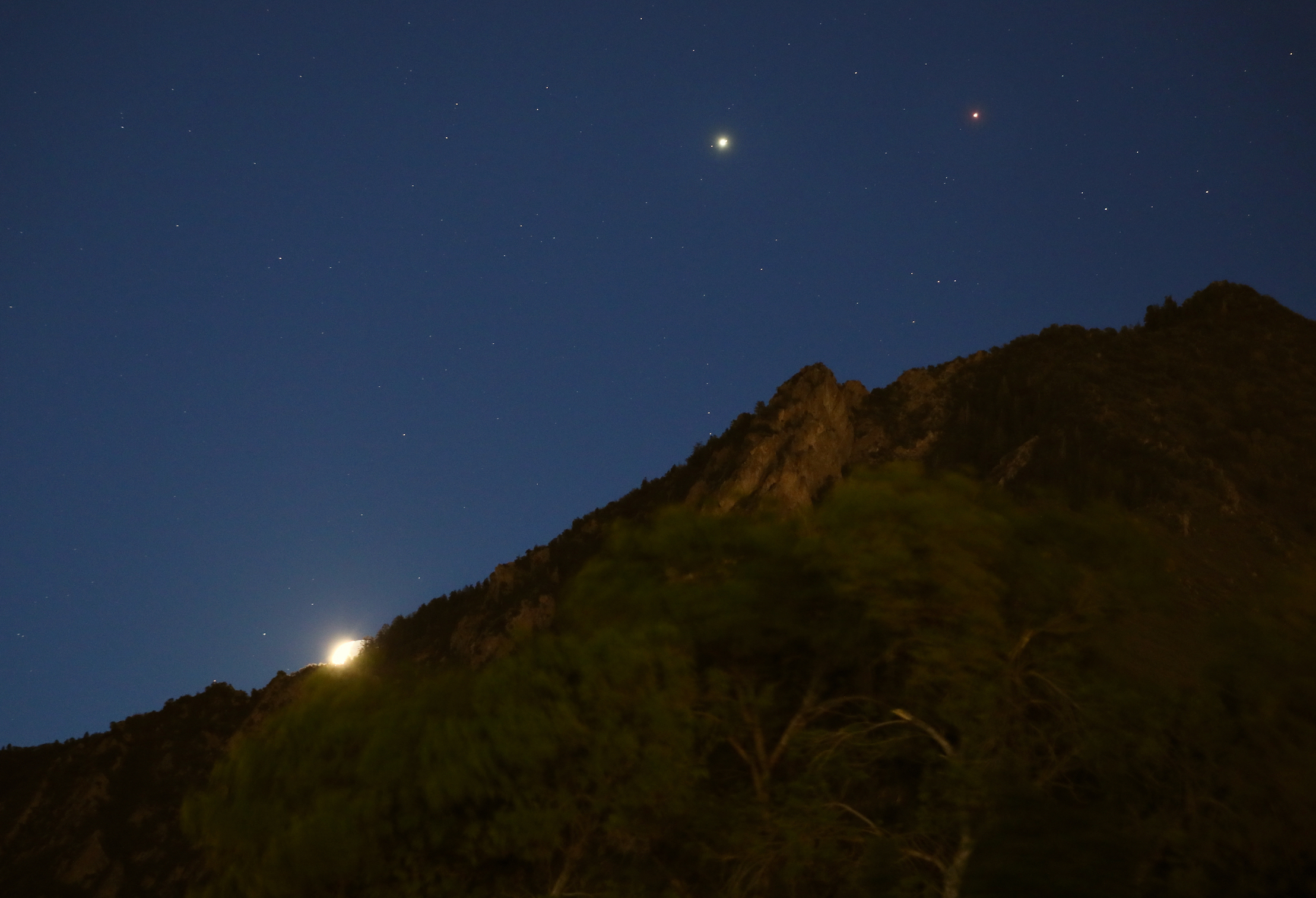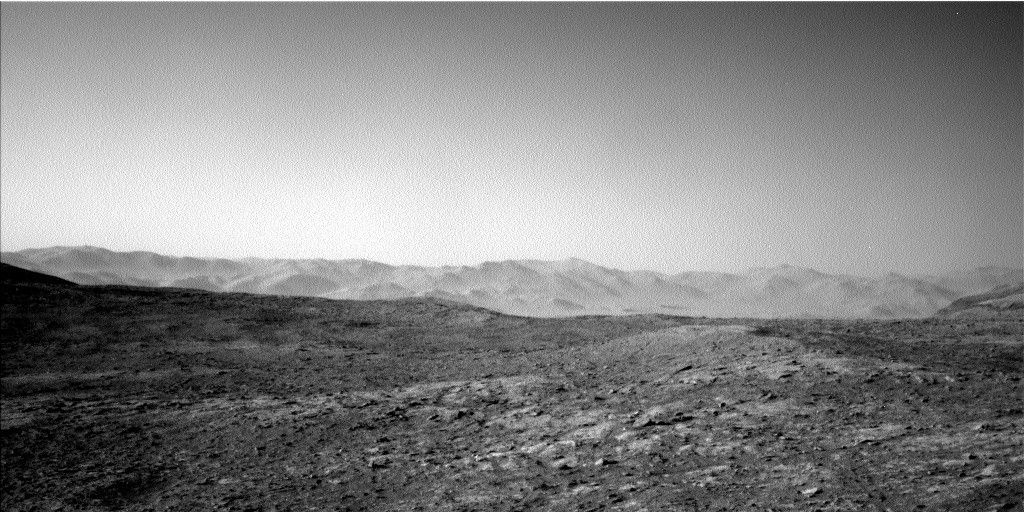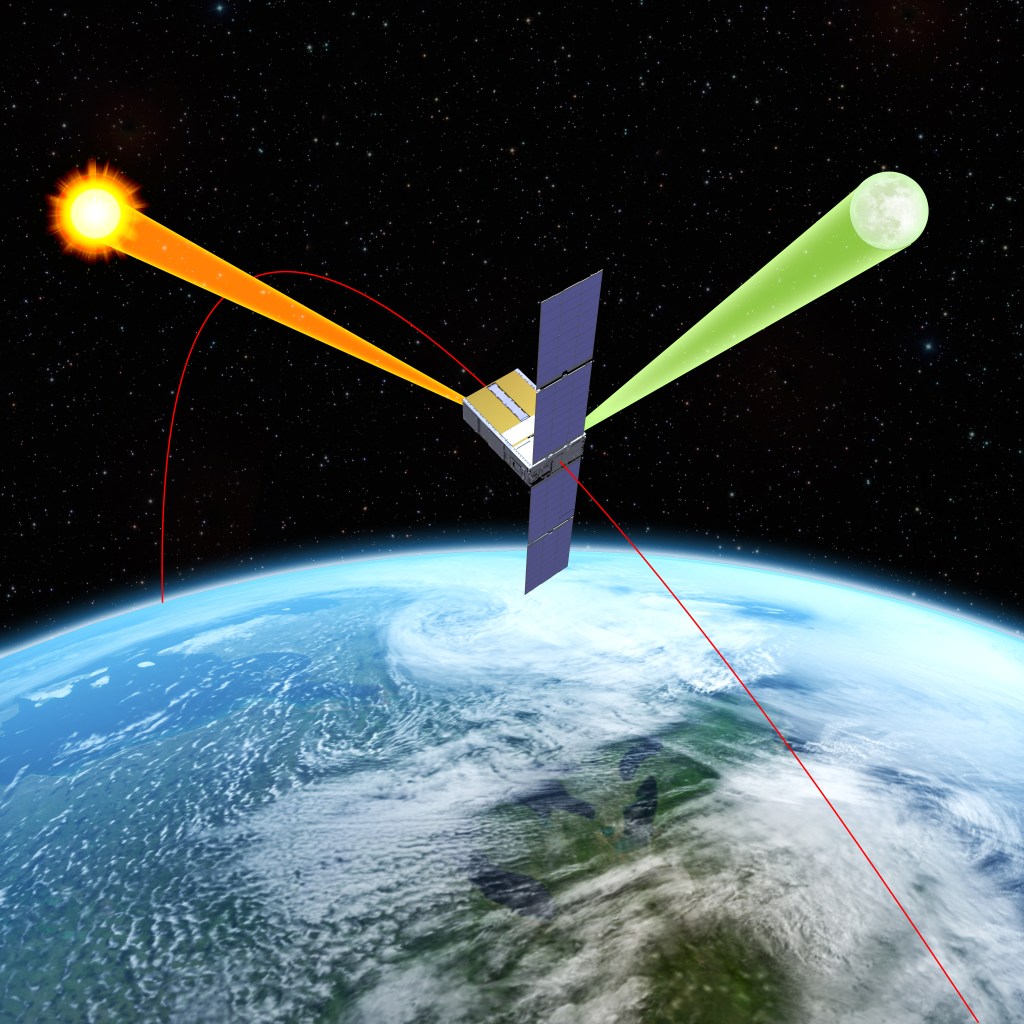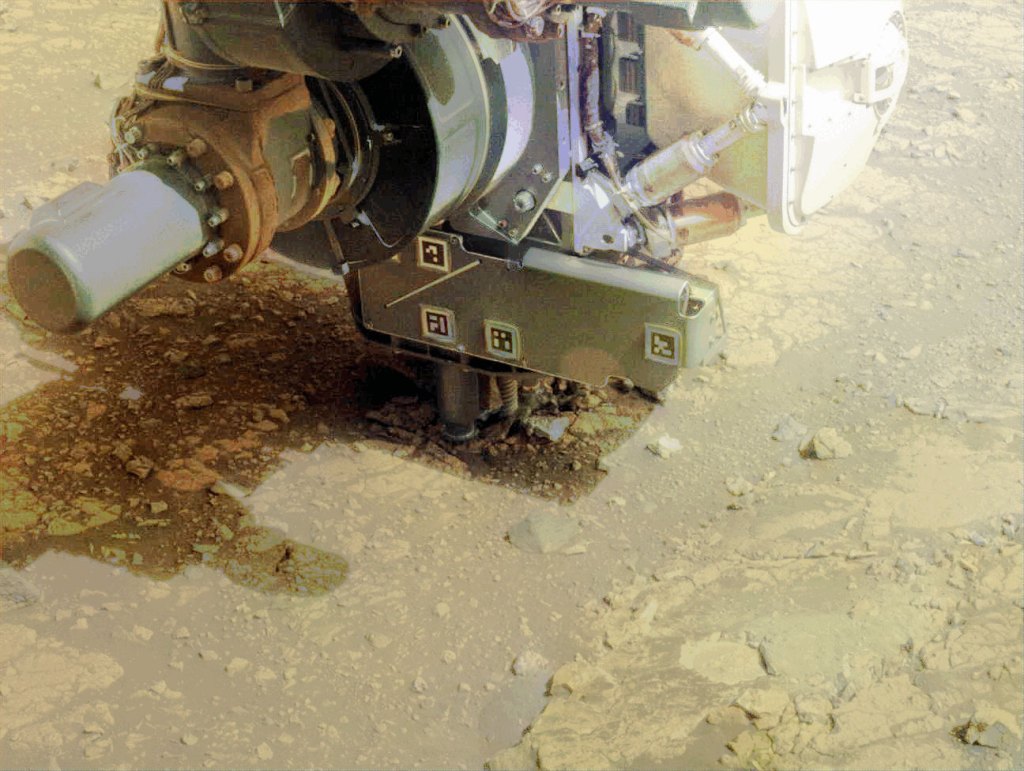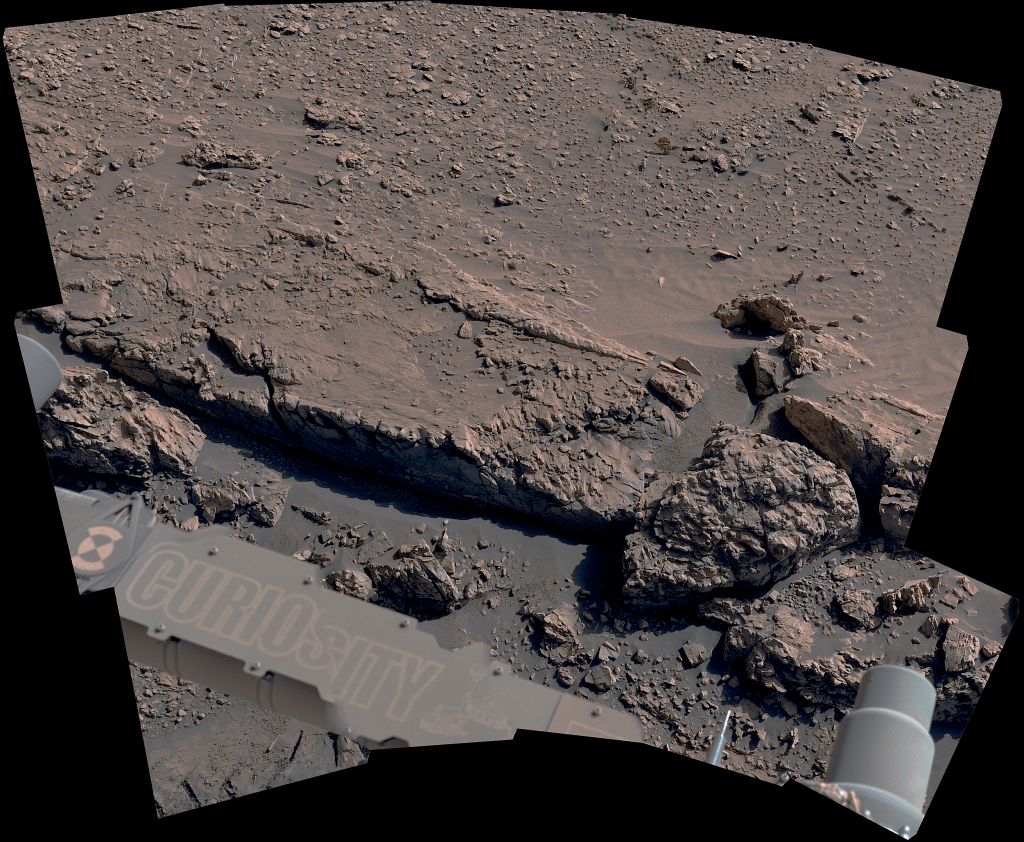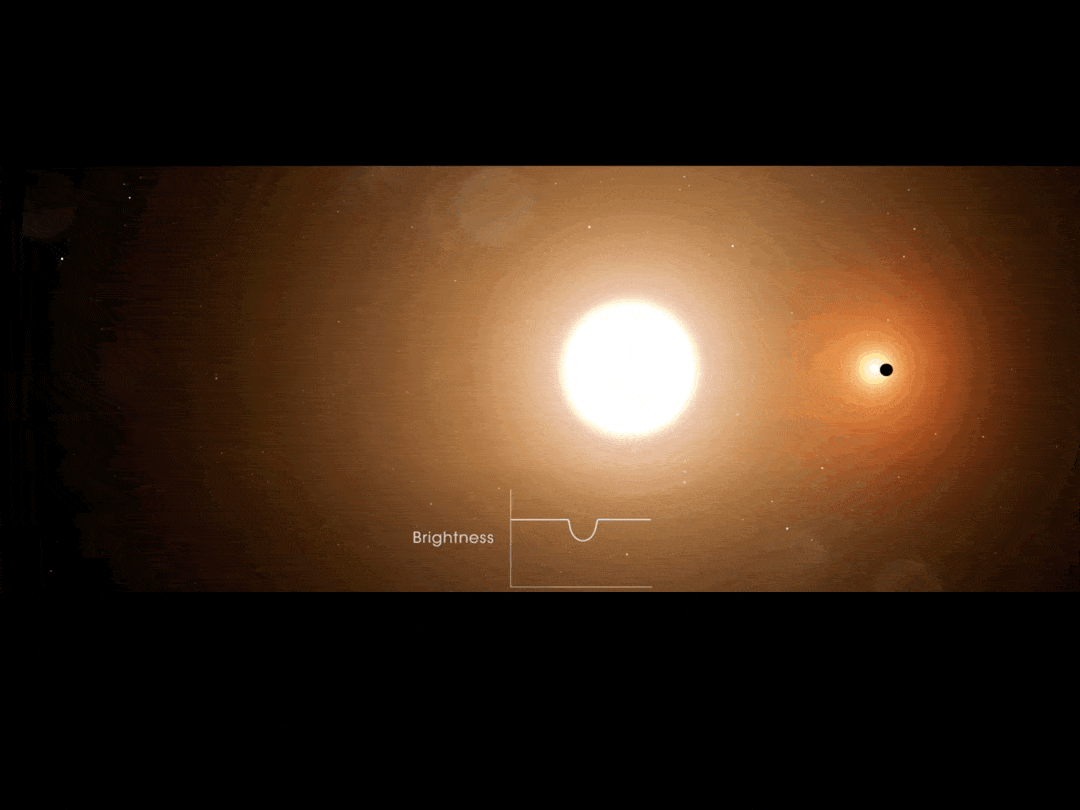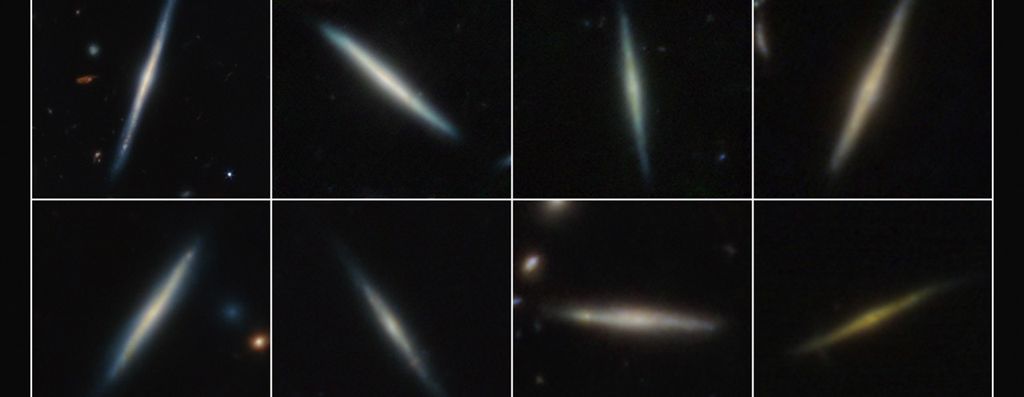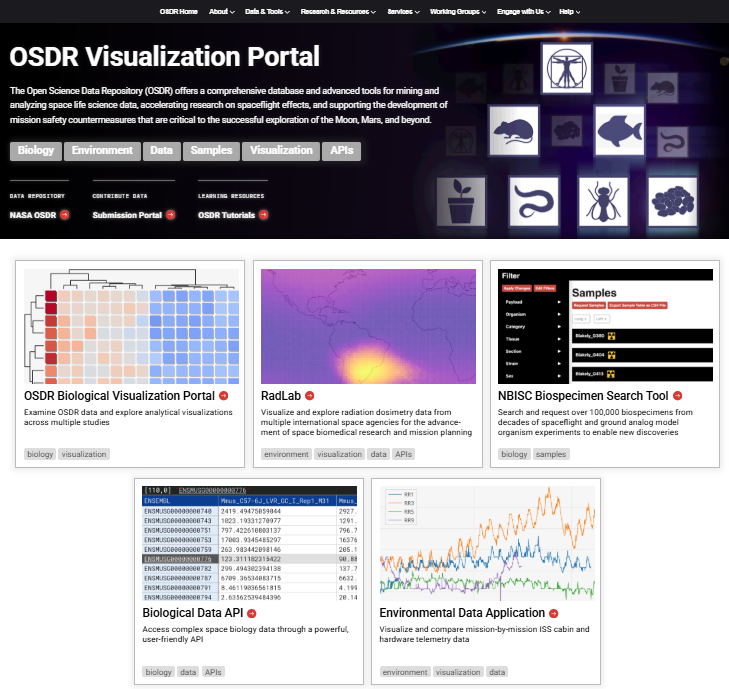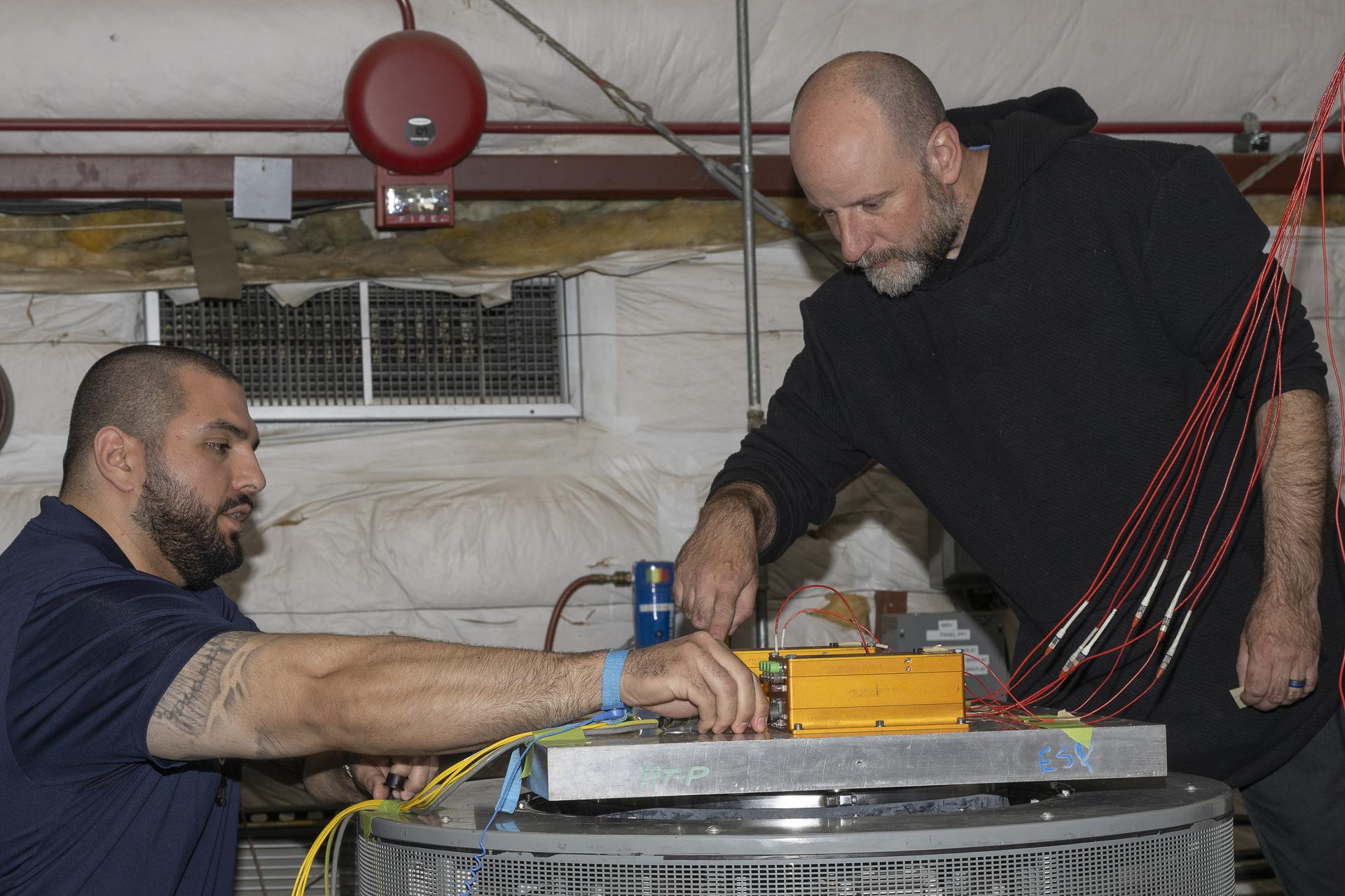
Sue Butler
Reporter, Associated Press
Sue Butler was born in Vienna, Austria and earned her American citizenship the hard way: As a member of the U.S. Office of Strategic Services (OSS), where she acquired skills including jumping out of a B-17 bomber and engaging in close combat during World War II. Her Scotland Yard weapons permit is valid to this day.
Fluency in three languages helped. After Hitler invaded Austria, Butler traveled to her father’s home in Poland, in time to duck when the German Stokes bombed Warsaw. She made her way on foot some 150 miles to the Polish port of Gdynia, sustaining herself on potatoes she and other refugees dug out of fields along the way. She managed to join a Society of Friends sponsored “Kinder Transport.” To sail to England, the chartered fishing vessel had to first navigate through the German mine fields of the Kattegat and Skagerrak and avoid interception by the German Fleet.
Finally safe in England, she won a competitive scholarship to Kings College of Aberdeen University but abandoned the course of study when she was recruited by the American OSS.
In 1958, exactly 10 years to the day Butler arrived in the United States, she won the first of two prizes for in-depth reporting on the space program from the Aviation and Space Writers Association. Looking on was her proud husband, Chris Butler, who she had met and married when they were both, working on the “Stars and Stripes” in Europe.
The award-winning series was published in the Daytona Beach, Florida News-Journal.
Some of Butler’s adventures on NASA’s Kennedy Space Center are legendary. On one occasion her Volkswagen Beetle got mired in the crawlerway just as a monstrous crawler transporter, carrying an inert Saturn V rocket was lumbering toward her. Four helpful NASA employees lifted the car out of the way just in time. She also had to overcome short sighted planning by male engineers who failed to install ladies’ rooms on the launch pads and places like the Vehicle Assembly Building and Launch Control Center.
Some of her stories required great ingenuity. Guarded by LIFE Magazine’s crews hired to prevent access to the early astronauts and their families, Butler managed to attend a little theatre production featuring Buzz Aldrin’s wife and worked her way into the post premiere party. By the time Buzz realized security had been breached, Butler had a lot of exclusive quotes.
On occasion, Butler resorted to asking her press conference questions in German or French, depending on the subject’s mother tongue. This galled other reporters who couldn’t eavesdrop. “Sue, speak English!” Howard Benedict, longtime Associated Press (AP) reporter, would then shout.
The AP made use of Butler’s intimate knowledge of the space program for many years also. Hired to supplement its staff at the Kennedy Space Center, she spent the last decade of her career working closely with Marcia Dunn, who succeeded Benedict as the AP bureau chief.
Butler officially retired on her 79th birthday, following a Delta rocket launch. However, she is still happy to get assignments, says her husband, Jerry Hannifin, retired chief aerospace correspondent of TIME magazine.



